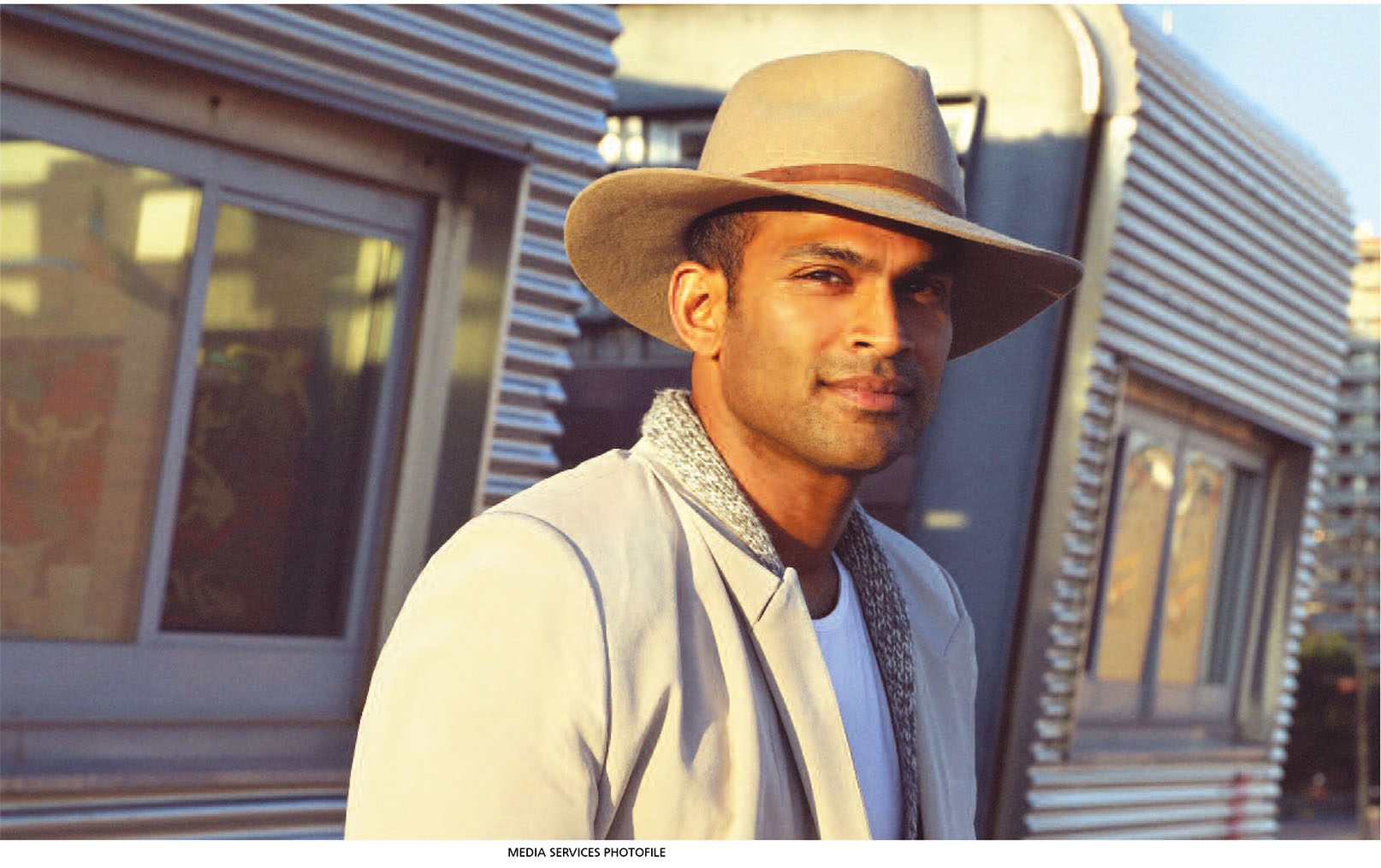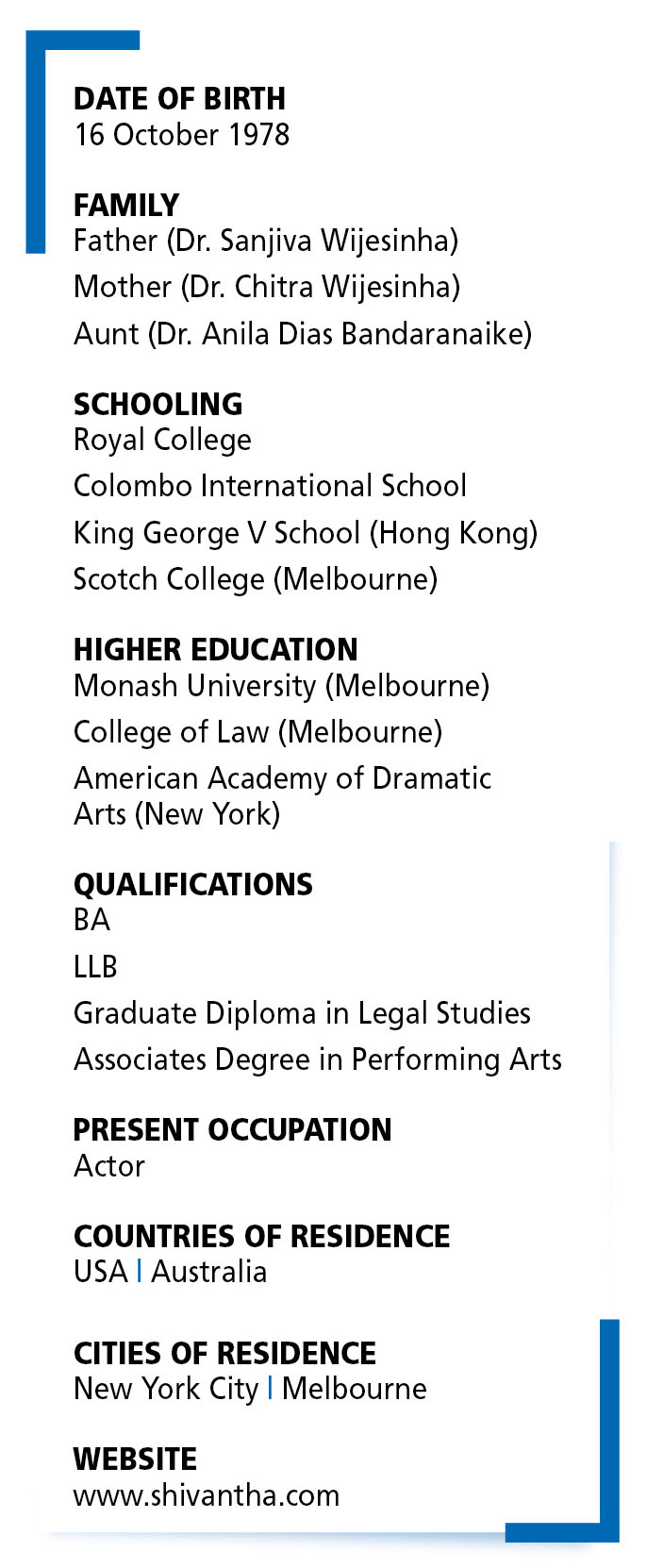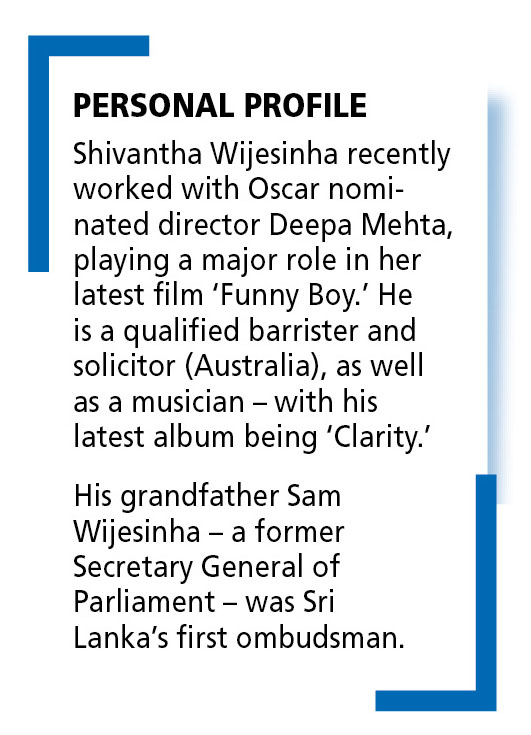SRI LANKANS OVERSEAS
EMBRACE OUR CULTURE
Shivantha Wijesinha yearns for age-old values to take root
Q: Did Sri Lanka regain its composure in the aftermath of the Easter Sunday attacks?
A: On the surface, for the most part, yes. Outside the metropolis of Colombo, life would go on as usual. In the south, surf season had begun in December 2019 and the number of tourists was on the rise.
In Colombo however, a hint of unfriendliness and mild heaviness pervaded. Churches had police officers garrisoned outside. During service on Sunday, members of the congregation would occasionally and distractedly glance at the entrance with cloudy thoughts.
Outwardly and with time, we inevitably leave the bombings further away. The frenzy of the presidential election served to shift them further into the recess of the hazy past. But have we taken steps to heal the scars in a constructive manner?
Displaying genuine religious solidarity will help further shift Sri Lanka’s brittle and war weary psyche back on to the track of composure.
Q: How do you perceive Sri Lanka today?
A: Postwar, the country has bloomed economically. Highways opened up the island and tourism from across the world came back in full force. The north is finally open to everyone, which was impossible 10 years ago.
However, commercial development has taken place haphazardly with no thought given to the environment. Buildings spring up with no heed to the earth or any long-term mindfulness.
In this new era, the divide between those who have and do not have is growing. Capitalism together with the concept of ‘I’ seems to have taken precedence over old Sri Lankan values and goodness. Global trends of greed, corruption and lies are taking root here as well.
Q: How do other Sri Lankans living in your countries of domicile view Sri Lanka?
A: Some expatriates in Australia yearn to return to where they were born and retire on the soil they trod on as children. Others tenaciously cling to their newfound country with bittersweet feelings about Sri Lanka. The latter stems from feelings of injustice and sadness, and the non-inclusive trajectory our country took since independence.
Second generation Sri Lankans have become part of the fabric of Australia and America, and permanently lost any connection with the roots of their forefathers.
Q: What were your impressions of Sri Lanka on your last visit here and how much has it changed from the past?
A: Colombo is an animal of frustration and heavy traffic, and a victim of the daily hustle and grind. It has lost its charm and lackadaisical personality.
Streets are flooded with trishaw drivers struggling to make ends meet. Apartment blocks have destroyed the heart of society and pollute skylines. Lost forever are days of ‘dropping in to your neighbour’s’ for a cup of tea.
Galle Face – the once intimate meeting place for families and lovers – looks forlorn in its garish and new neon clothes.
Q: From afar, how do you perceive news about Sri Lanka and what mediums do you rely on to stay connected?
A: Snippets and fragments travel along the phone as they did for the last three generations. Major news feeds might deign to mention something about our island but only newsworthy items such as the war, Easter Sunday bombings or election results.
One’s curiosity is satiated by poking online but it cannot compare to being on the ground in person.
Q: How do you view the brain drain and why is there no reversal of it?
A: Colonial ideology impressed the importance of foreign education; Oxbridge and Ivy League colleges were stressed as the epitome of higher learning. Generations later, learning overseas is instilled as ‘better’ (however diluted the education or fat the fees). Apparently, more prestige and opportunities exist in foreign lands.
Marry this with 26 years of bloodshed and it is enough to send any person (with financial means) bolting from our shores. After the war, several younger people returned to Sri Lanka following university. This indicates a reversal albeit slowly of the brain drain.
Q: What should Sri Lanka focus on most in the coming decade, in your view?
A: Educating the younger generation; not solely in subjects such as maths, science and IT, but also ethnic and religious reconciliation, and cultural awareness, through learning the three main languages.
Remind children of old school values such as compassion, love, integrity, honesty and helping those in need. Instilling a strong sense of community and family will ultimately help them.
Introduce cultural movement and amenities for younger people, and reduce the gap between what Sri Lankans experience overseas and in Sri Lanka.
We have a deep heritage of an ancient people but are forgetting that genuine connection we had with the earth.
Q: And what are your hopes for the country in the next decade or so?
A: That we all speak three languages. Learning a language is the gateway to another person’s culture, which in turn breaks down the differences that separate us and celebrates the similarities that bind us.
We defeated terrorism and ended a war that drained resources and sacrificed so many young Sri Lankans. I hope that these opportunities are not squandered by politicians who are concerned with their personal gains.










Leave a comment